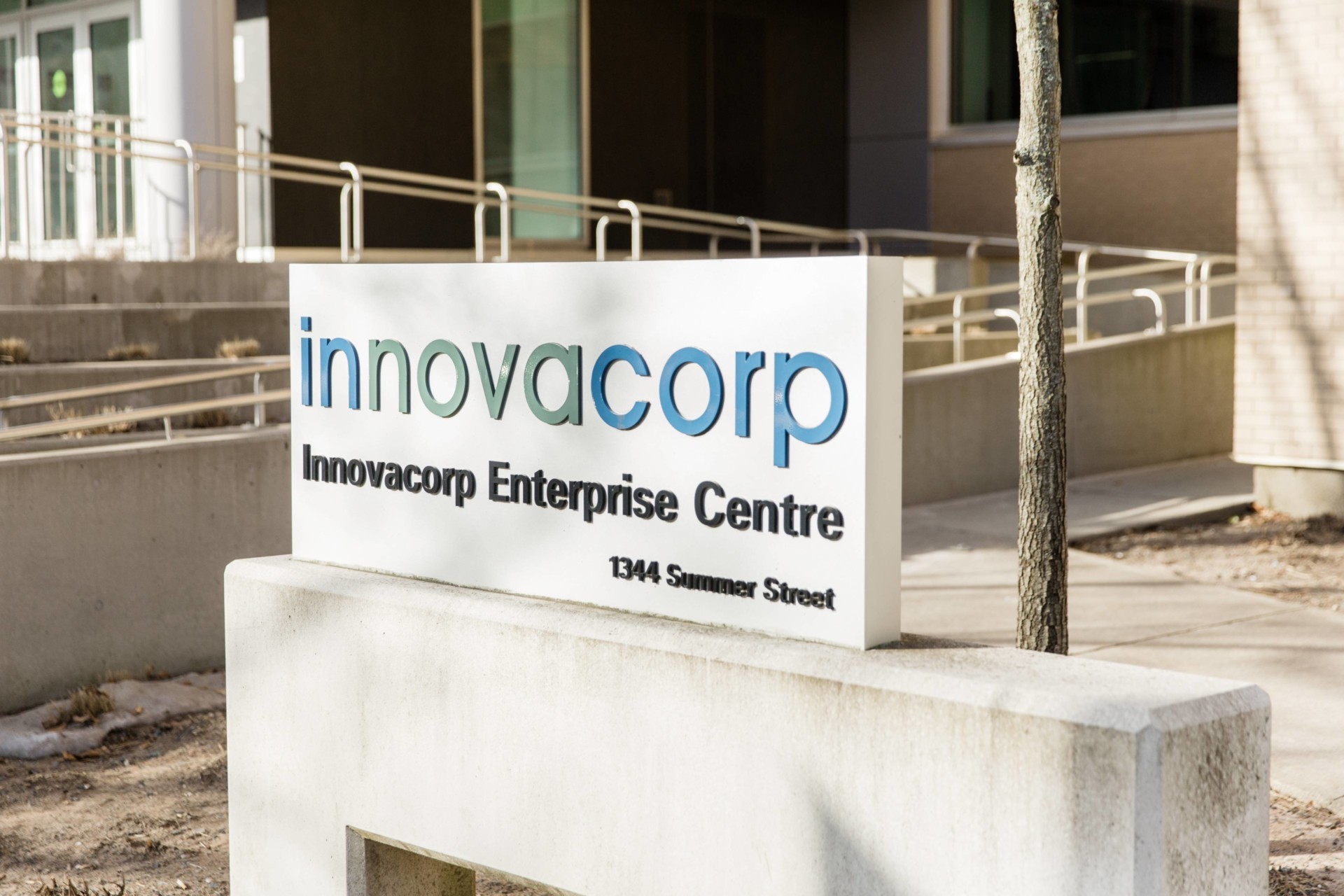ZeroIn Foods
June 15, 2022

When ZeroIn Foods CEO Edgar Sosa was working as a postdoctoral fellow in biomedical research at Dalhousie University, his pregnant wife and unborn child were diagnosed with gestational diabetes. So he resolved to create a company that would help others avoid the same risk.
Sosa, who holds a PhD in health science from the Medical University of Havana, founded ZeroIn in February 2020. His goal is to develop and commercialize a next-generation sugar substitute that is made from carbohydrates — sugars — but cannot actually be digested by the body and therefore cannot contribute to obesity or other health problems. He said in an interview that his product more accurately replicates the experience of eating sugar than do existing fake sugar products.
“I felt extremely frustrated, because even with so many years of research experience, I couldn't help my wife,” he said. “So that was the trigger to find a solution to the diabetes problem and the sugar overload problem.”
In a display of startup community synergy, ZeroIn shares office and laboratory space with Mara Renewables Corp, which extracts an oil rich in Omega-3 fatty acids from algae for use by bulk food manufacturers. And Smallfood, which is developing protein-based ingredients for the food industry that are manufactured via industrial-scale algae fermentation, has is also providing Sosa with access to its facilities.
“That is a huge plus for us because we don’t have to create that space,” said Sosa. “They gave us access to it.”
One of Sosa’s first moves was to apply to CDL Atlantic, which is hosted by Dalhousie University and is part of an international group of Creative Destruction Lab accelerators. CDL programs offer entrepreneurs a competitive, nine-month training program with experienced entrepreneurs.
The ecosystem support and mentorship from successful business people proved pivotal for Sosa, who used the time to refine his business model into its current form: “The whole company evolved into what we have now.”
ZeroIn went on to compete in a duo of startup programs from provincial venture capital Crown corporation Innovacorp: Accelerate and Green Shoots.
Accelerate, which Innovacorp retooled last summer, is a virtual training program aimed at deep tech companies. And Green Shoots is a funding and mentorship program offering up to $40,000 of grants to biotech and cleantech companies.
Sosa said that while funding from Innovacorp has proved useful for advancing ZeroIn’s development, of equal importance has been the advice and operational guidance provided by the VC firm.
“Imagine having someone helping you out, and that person has 30 more years of experience in business,” said Sosa. “Imagine how many mistakes we avoid just by having these individuals helping us out.”
Amanda Tarr, Innovacorp’s manager for venture services, said that personalized guidance is a key part of what the firm aims to offer its portfolio companies, which tend to be research and development plays like ZeroIn.
“We try to be really customized in our approach,” said Tarr. “So we get to know who they are, what their unique needs are, and … one of the most important parts, I think, of the program is working with the entrepreneur in residence.”
ZeroIn in now in its second cohort of Innovacorp’s milestone-based Accelerate program, after being invited back because Sosa performed well in the previous cohort. As part of Accelerate, the company is receiving $40,000 of funding and working with Innovacorp Entrepreneur in Residence Rina Carlini — a serial biotech entrepreneur who is now CEO of consultancy Optimal Innovation Group.
Now, Sosa’s next step will be to secure intellectual property protections for ZeroIn’s technology. Then, over the remainder of 2022 and some of 2023, he plans to develop a prototype product for pilots and early-stage commercialization.
He said his initial target market will be the companies that make packaged foods because their scale offers faster access to large numbers of customers. Later, ZeroIn could also sell its faux sugar as a standalone offering.
And over the next few weeks, three chemists will join ZeroIn from Dalhousie University and elsewhere in Canada, which Sosa points out is a reversal of a recent trend of chemists decamping to other provinces.
“One thing is it’s really hard to find chemists here in Atlantic Canada because the chemistry industry’s not really huge here,” said Sosa. “Therefore, most of the chemists leave for out West.
“In our case, we’re bringing them back.”
By Avery Mullen